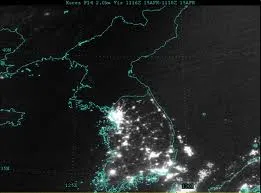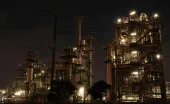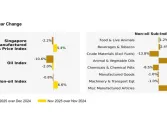
South Korea to increase power tariffs slowly amid higher fuel cost
South Korea plans to slowly increase the country's electricity tariffs gradually to curb inefficient consumption and to slow down power demand growth.
"Electricity rates are below costs, which has sparked inefficient and excessive consumption," the Knowledge Economy Minister Choi Joong-kyung said.
"Although it is urgent, we are planning to raise the electricity tariffs step by step as the impacts on household budgets and inflation are huge," he said.
The government declared a "war on inflation" earlier this year and has forbidden government-run utilities such as KEPCO from passing increased fuel costs on to end users. As a result, KEPCO has been hemorrhaging cash as it has not hiked tariffs by as much as input price rises.
Heavily dependent on energy imports, South Korea should raise electricity prices at least 15 per cent this year to reflect higher fuel costs and reduce demand.
Prices in Asia for liquefied natural gas have reached their highest this year as Japan and China buy more. Top LNG importer Japan has boosted imports to feed gas plants running hard to compensate for lost power from nuclear reactors shut after the March earthquake and tsunami.
This prompted South Korea to buy gas from North America, Australia and Russia to diversify supply.
"To cope with any worsening global market conditions in the wake of strengthening safety and delays in construction of nuclear power, we are preparing long-term measures to secure LNG," Choi told the Reuters Energy and Climate Summit.
"We are considering various import sources such as North America, Australia and Russia to diversify import sources from the Middle East and southeast Asian regions that we heavily depend on, although no specific sources are yet set," he added.
The full story is available at reuters.



















 Advertise
Advertise






